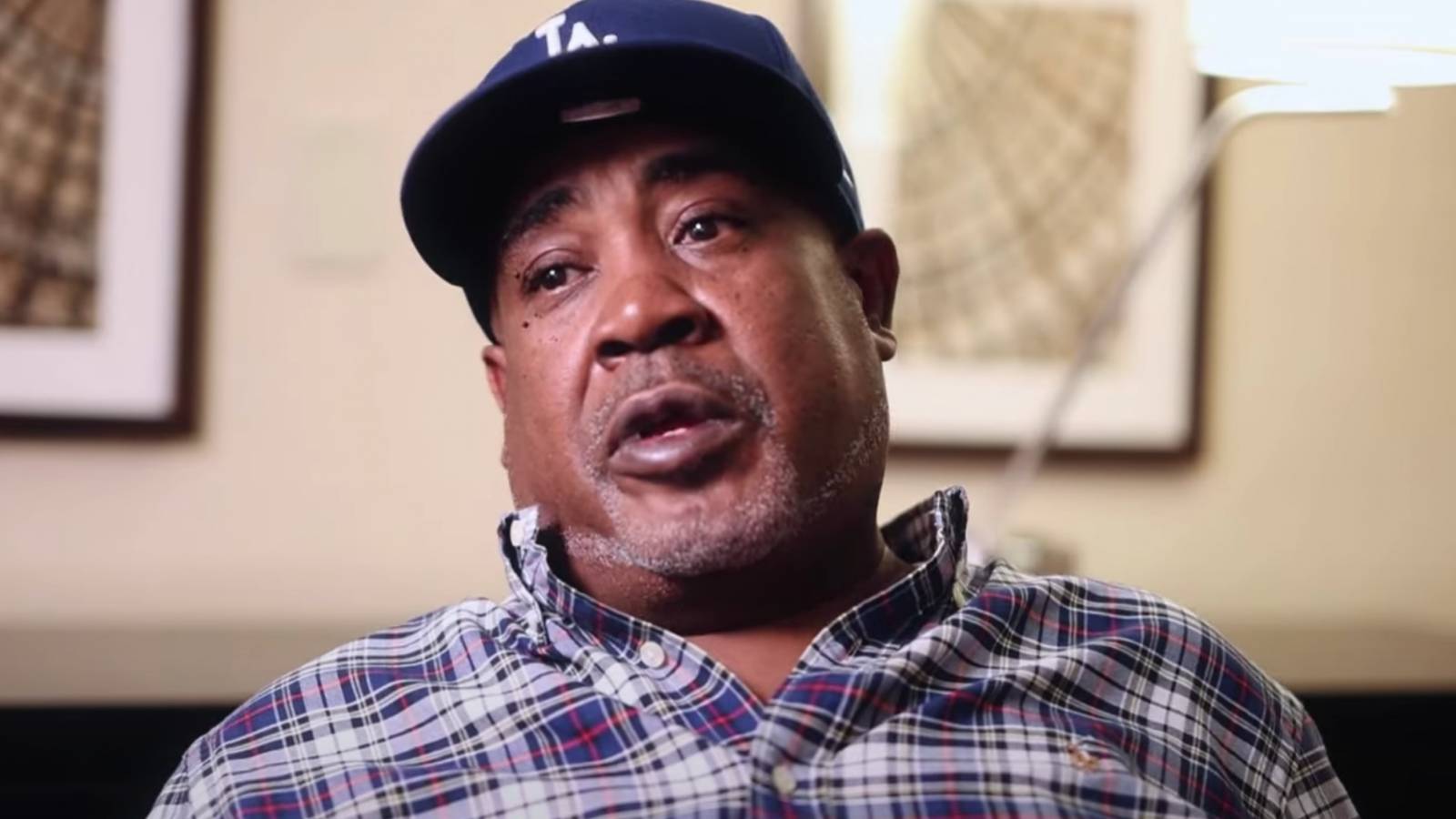In a recent twist to the long-standing investigation into the murder of Tupac Shakur, murder suspect Duane Keith “Keefe D” Davis found himself in hot water after a confessional interview. Keefe’s candid conversations with VladTV and The Art of Dialogue proved to be a pivotal moment leading up to his arrest by the Las Vegas Police.
Key Takeaway
Keefe D’s confessional interview added significant weight to the ongoing investigation into Tupac Shakur’s murder, leading to his subsequent arrest.
During one of his interviews, conducted a couple of months ago, Keefe admitted to being present in the car that carried Tupac’s shooter. However, he carefully avoided disclosing whether it was his nephew, Orlando Anderson, or another individual known as “Big Dre,” who actually pulled the trigger.
Throughout the tense conversation, Keefe expressed his fear of returning to jail for speaking out, not realizing that his worst nightmare would eventually become a reality.
Las Vegas PD wasted no time after Keefe’s interview and finally apprehended him on September 29, charging him with murder, a shocking 27 years after the tragic incident took place on the Las Vegas strip.
Unsurprisingly, the entire ordeal has been a traumatic experience for Tupac’s brother, Mopreme Shakur, and the rest of the family. Mopreme detailed the emotional toll and expressed frustration with the frequent changes in LVPD staffing, which have only added to their pain and uncertainty.
While Keefe’s extensive conversations with VladTV were also of interest to the police, the veteran DJ maintained his stance and refused to be labeled a snitch.
The unfolding events surrounding Keefe D’s confessional interview have reignited public interest in the Tupac Shakur murder case. The re-opening of the investigation promises to shed new light on the long-standing mystery that has haunted the music industry for nearly three decades.

